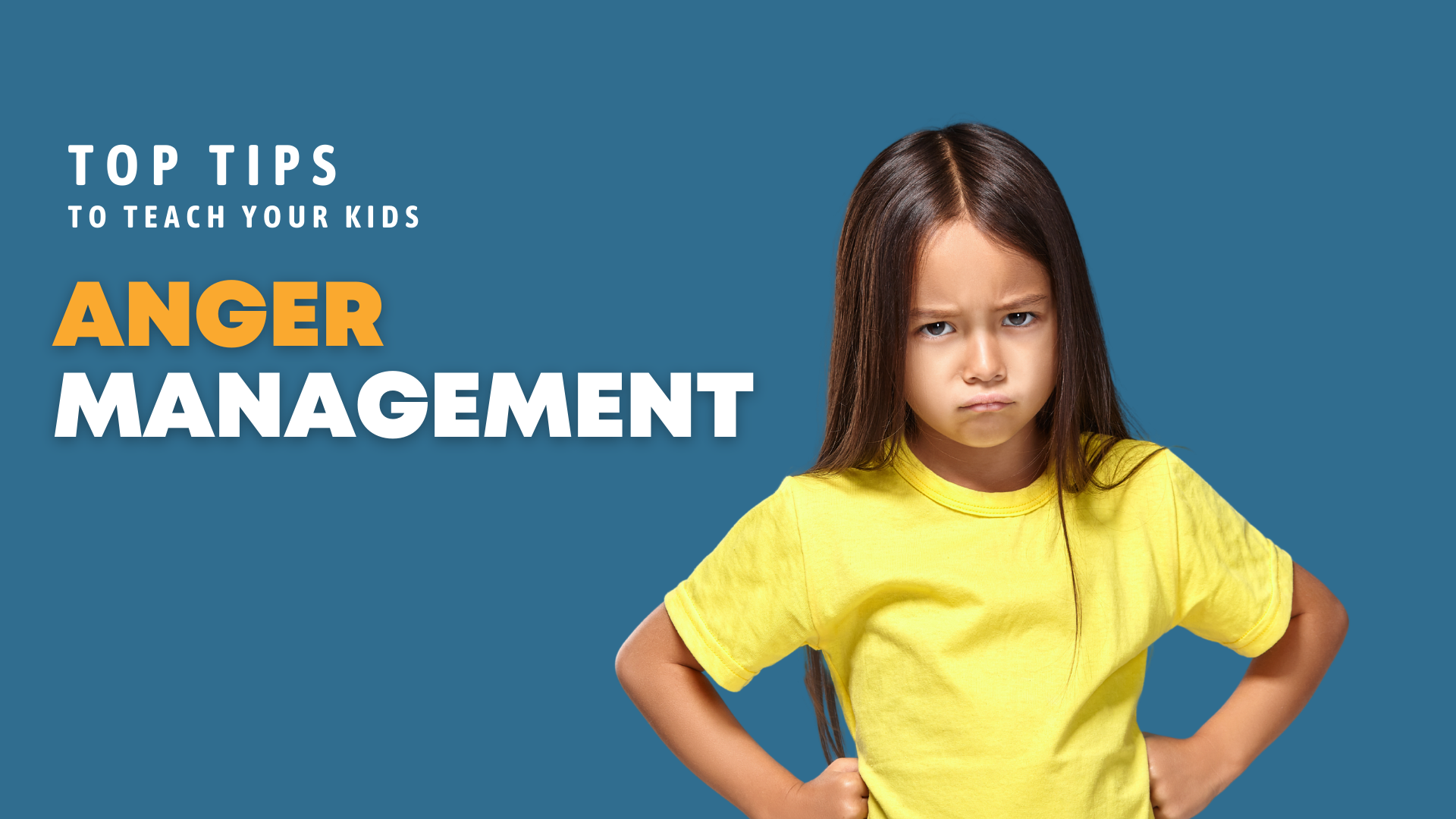
Angry Kids- A Cry For Help!
Does your child often frown over, and find little things upsetting? Do they get easily frustrated and agitated, and shout at the top of their voices? Or, do they clench fists and squint their eyes angrily, which you mostly neglect as just another tantrum of your kid?
If as a parent, you are regularly noticing these signals in your child, then it is certain your little one is dealing with anger management issues, and it is consuming the best of them.
But, first things first- What Causes Anger Issues In a Child?
- Dealing With Unresolved Emotions
Your child might be dealing with some unresolved emotions about family, experiencing a school complexity like being bullied, or is being pressured to get high scores.
- Exposed to Abusive Environment
Sometimes angry toddlers brew in the abusive environment, or an atmosphere which is age-inappropriate for them.
How to Teach Children to Control Anger
Children with anger issues are not attention-seeking or unmotivated, but they lack certain problem-solving and tolerance skills. Such situations call for parents to adopt a coping mechanism before it escalates into an uncontrolled outburst.
The answer to how to teach a child to control anger varies for every kid. However, it is vital for parents to address the issue as it can help your child to calm down, and in turn, be a lifesaver for your kid.
Let us get into the three effective and tested-ways to teach your child anger management techniques:
1. Establish an Emotion Identifying Strategy:
Growing up, everyone’s taught to not express negative feelings, and it is wrong to do so. What remains unsaid is that all emotions, negative or positive, start building up in a child at a very young age; keeping them repressed is not healthy. These emotions are bound to burst out someday.
The situation becomes worse if these emotions never come out; it can take the form of mental health disorders like - anxiety and depression. Be mindful and establish an emotion identifying strategy so that your children understand what they are feeling and can express freely.
The foremost thing you must do as a parent is to identify the child’s anger issues and symptoms. There could be some really serious feelings that your child might be having difficulty handling. Try to develop a friendly atmosphere with your kid to understand their anger issues.
“Did something or somebody hurt your feelings, honey?” You can try simple yet effective questions like this can get them to open up, and you will certainly see the difference.
2. Mentally Refreshing Activities for Kids:
Highly effective, deep breathing is one of the best calming exercises for your angry child. Engage your child in this activity when they get upset. A warm hug to your little one is a sweet way to calm down their anger.
Teaching them to adopt reverse counting from 100 can divert their mind from anger. You can come up with phrases to calm an angry child, or even help them visualise a place free from chaos. It takes their mind off the anger and takes them to a happy place.
You can also maintain child anger management worksheets that graphically define your child’s behaviour to make it more fun, and also calm down the kid.
3. Teaching Response to the Angry Outburst:
Your children are not going to perfect themselves overnight, but practice in the right direction will definitely reap benefits. Adopting anger coping skills would require a parent’s engagement too.
Even if there is an outburst from your end, do not avoid confrontation, instead, lead by an example; accept and apologise for angry behaviour. Admitting your mistake will help your child learn.
Your child closely observes you while growing up, and your calm behaviour can positively impact their behaviour. Teach your child humility, and above all, give them a transparent communication environment.
Conclusion
Be supportive of your child at the time when they need it the most. Your children are as confused about their behaviour as you are, and a few kind words can help them confide in you. Engaging yourself in the process of anger management for kids is sure to calm your child down and keep the aggression low.
While these anger management exercises are highly helpful, parents can identify if their kids need additional professional support. Some child counsellors can guide your kid during this delicate phase through anger management classes.
Engaging them in extra-curricular activities can also help channel their emotions better. Opt any from multiple programs offered by YellowClass to help your child express better. Being proactive in recognising your child’s behaviour before it becomes explosive will change their life for the better.